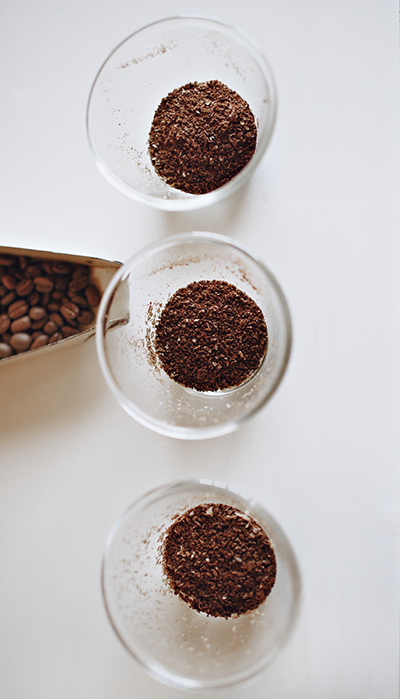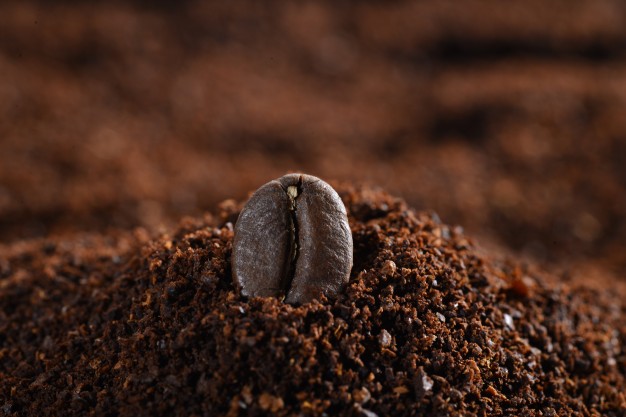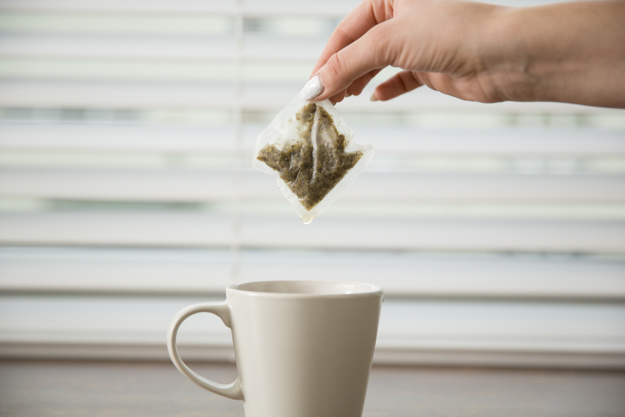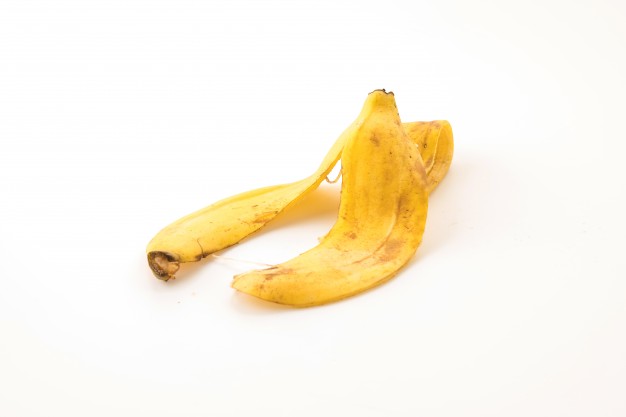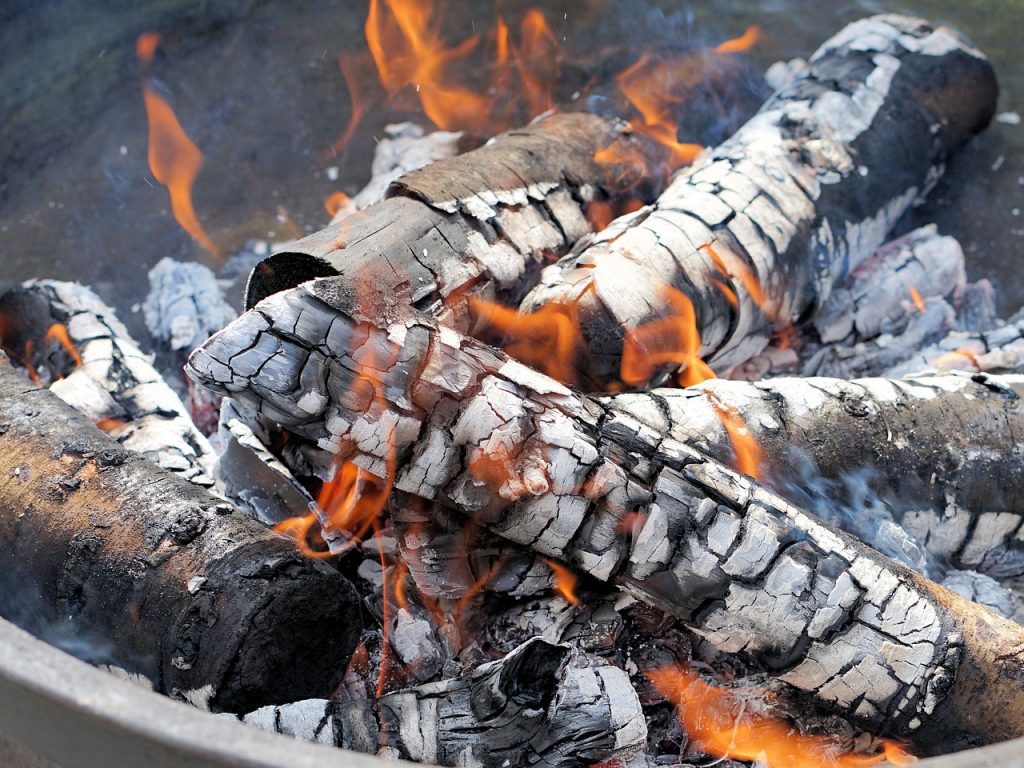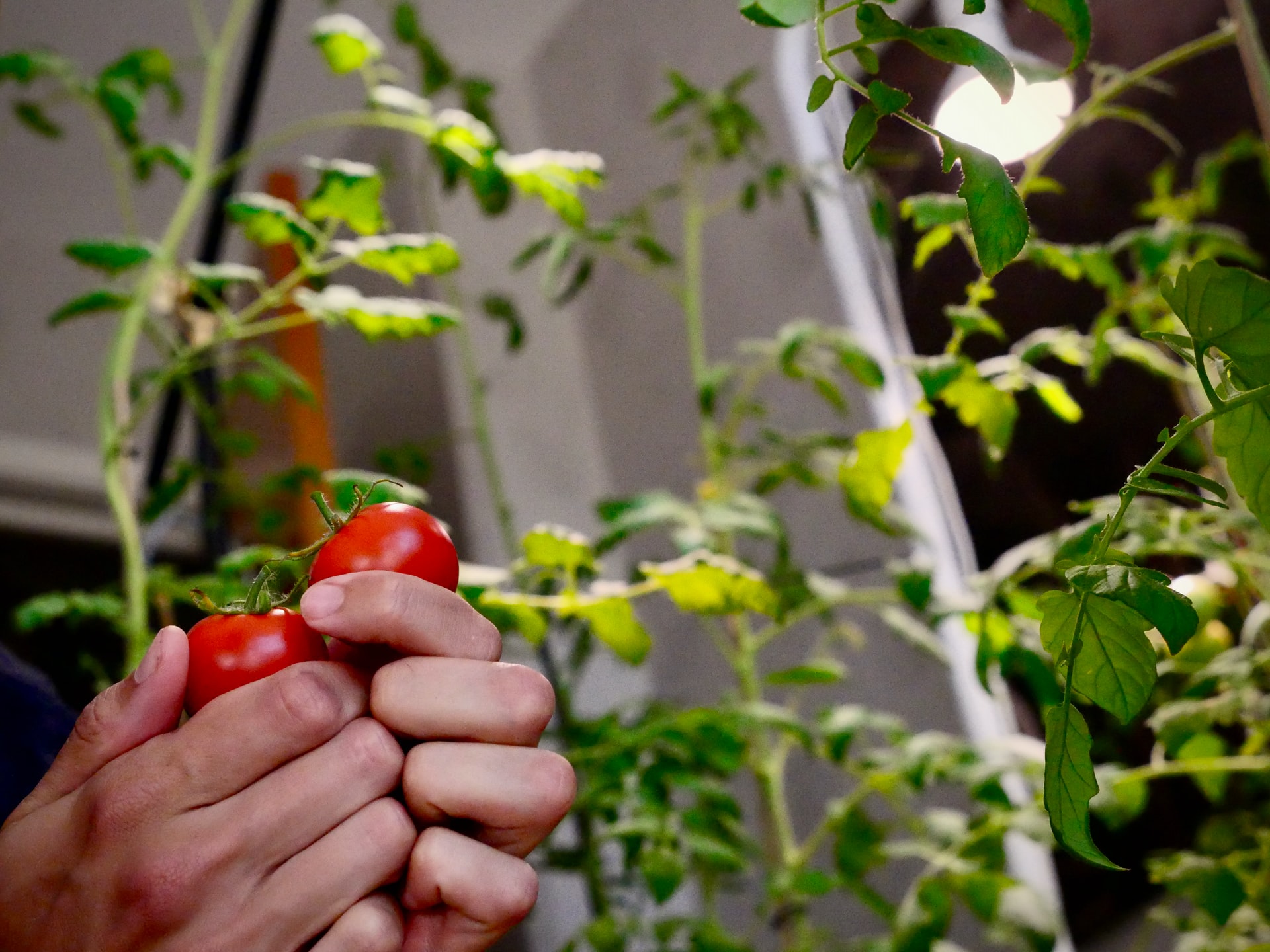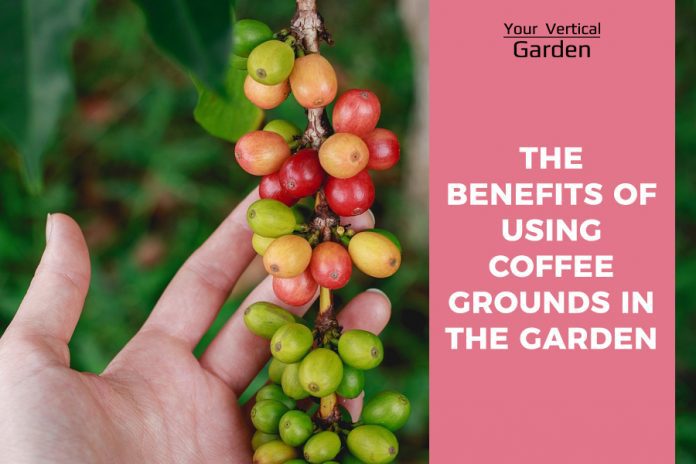
If you’ve started on a gardening journey, then you’ve probably heard you can use coffee grounds in the garden. During the summer, some Starbucks stores leave a bin in the front of the store with a sign, “This is not a trash can. Take these grounds for your garden.” Customers are invited to take the leftover grounds to add to their gardens or compost piles.
If you happen to drink a lot of coffee at home, you can cut out the middleman and start saving your coffee grounds to put in your garden. The benefits may surprise you.
Benefits of Coffee Grounds in the Garden
Many gardeners also compost the biodegradable trash from their kitchen, and coffee grounds work well for compost piles. Keep in mind that as a nitrogen-rich material, coffee grounds are considered “green” for composting. You’ll want an even mix of brown (carbon-rich) and green materials in your composting. You can even throw used coffee filters on your compost pile. One more way to keep trash out of a landfill.
Coffee grounds act as fertilizer in your garden, aerating the soil and improving the drainage around the plants. If these grounds were just going in the trash, they’re probably the cheapest fertilizer you’ve found. Earthworms love coffee grounds, so adding the ingredient to your soil will attract them and their own benefits.
Types of Coffee to Use
As you might know from drinking coffee, certain types of coffee have more acidity and flavors than others. Light versus dark roast will make a marginal difference in the acidity, as well as the temperature of the water: hot water will remove more acidity, while summer favorite cold brew will strip fewer nutrients from the grounds.
No products found.No products found.
A coffee with an artificial or added flavor might not react well to your plants, but the other types and countries should not make a difference. If you’re trying out a new coffee, you might want to test it on a small area of your garden at first, so it doesn’t affect too many of your plants.
Fresh coffee grounds
Fresh coffee grounds have a high-acidity and can help acid-loving plants such as blueberries, hydrangeas, roses, azaleas, and rhododendrons. These dry, fresh grounds usually contain more caffeine than your used coffee grounds, which can damage most flowering plants. However, you might be able to revive a dying, acid-loving plant with a “jolt” from these grounds.
Used coffee grounds
If you use rinsed or used coffee grounds, they have lost most of their acidity and become neutral on the pH scale. So why use these coffee grounds in the garden at all? For the reasons stated above, they make a great addition to a compost pile and mix well as a mulch on top of your soil.
In fact, many gardeners prefer used coffee grounds over fresh grounds because the high levels of potential-harmful nutrients have been removed and become safer for your garden as a whole.
When Not to Use Coffee Grounds in the Garden
Be careful about dumping the coffee grounds in the garden directly onto the top layer of your soil. This may cause the grounds to develop a crust and actually block water from getting to your plant roots. The best choice is to thoroughly mix it into your soil, or add it into a balanced composting pile.
- Be careful about dumping the coffee grounds directly onto the top layer of your soil
- Find out which plants benefit from acidity or nitrogen-rich soil
- Watch the quantity of coffee you add
You’ll want to find out which plants benefit from acidity or nitrogen-rich soil. When too much nitrogen and acid is added to the soil, some flowers will not produce any blooms, while it may help bushes or shrubs. Additionally, each geographical region experiences different levels of nutrients in their soil. In California, many gardeners add coffee grounds in the garden to counteract the high alkaline. However, in the Northeastern states, homeowners might use lime in their yard because of the high acidity already present in their soil and destroy their grass.
No products found.No products found.
Finally, if your dog like to dig and eat whatever grows in your garden, you might want to watch the quantity of coffee you add. The caffeine can be problematic for your pets, so it’s best to mix the grounds in with your regular composting.
Other Household Materials That Will Help Your Garden
Composting and gardening go hand-in-hand, so if you’re considering adding coffee grounds in the garden, try starting a compost pile to incorporate balanced nutrients and lower the amount of trash produced by your home.
Tea bags
Not a coffee drinker? You can simply bury tea bags in your soil to use the leftover nutrients. Of course, opening the bag and sprinkling the tea over the soil works well, too. If you have planters or houseplants, you can add the tea bags to the drainage layer — they hold moisture well and block soil from falling through the drainage hole. If you start composting, you can include tea bags in your compost pile, but be sure to remove the tags and staples!
Newspaper
Newspaper works great as a deterrent to weeds in your garden. Start by watering the garden bed thoroughly. Then, spread the newspapers throughout the bed around the plants you want to keep alive (covering any weeds). Hose down the newspapers so they won’t blow away in the wind. Finally, top with mulch to make your garden beautiful again.
The newspaper essentially smothers the growth of weeds during the season and then gives nutrients to the soil as it disintegrates.
No products found.No products found.
You’ll see some posts online about possible toxins in newspapers, but research shows ink has transitioned to soy-based and the paper is no longer bleached with chlorine.
Banana peels
You’ve probably thrown away plenty of banana peels, but now you can simply throw them in your garden! Of course, you could add them to your composting pile first, but straight into the soil works well, too. These peels contain vital garden nutrients like potassium, phosphorus, and calcium to help grow strong roots and big flowers.
To jumpstart the breaking down process, chop the peel into small pieces and layer under the soil. You can also mix the peel pieces into the soil before planting.
If you want to add a whole peel while planting, your seeds will get plenty of nutrients to start growing. Lay the banana peel at the bottom of your seed trench and place the seeds right on top, then cover the layer with soil. When the roots begin growing, the peels will decompose into the soil.
Wood ash
Similar to banana peels, wood ash contains potassium, phosphorus, and calcium. If you have a wood-burning stove or fireplace, these ashes can find a new home in your garden. If you get the wood ash wet, the nutrients may be lost though. So make sure you keep it completely dry before spreading so those nutrients can seep into the soil.
Wood ash is alkaline, so they’ll be a great addition to your lawn if you’re working with a high-acidity soil. You can simply spread it around your grass to encourage growth and add nutrients. Root vegetables appreciate these nutrients the most, so dust the ash in a thin layer directly on your rows of carrots and potatoes. Some gardeners also say the ash keeps away pests and slugs!
But be careful, acid-loving plants like blueberries will not produce fruit if you add ash to their soil.
Your Coffee Addiction Has a New Purpose
Now that you know some of the benefits of coffee grounds in the garden, start composting! This will only benefit your fruit and vegetables, as well as bring more sustainability to your home, as well.
Start putting that coffee addiction to good use. Mix those used grounds into your usual garden or potting soil to add some aeration, water drainage, and nutrients. The worms are coffee addicts, too, so they will only help your garden grow.
No products found.
Last update on 2022-01-27 at 20:02 / Affiliate links / Images from Amazon Product Advertising API

